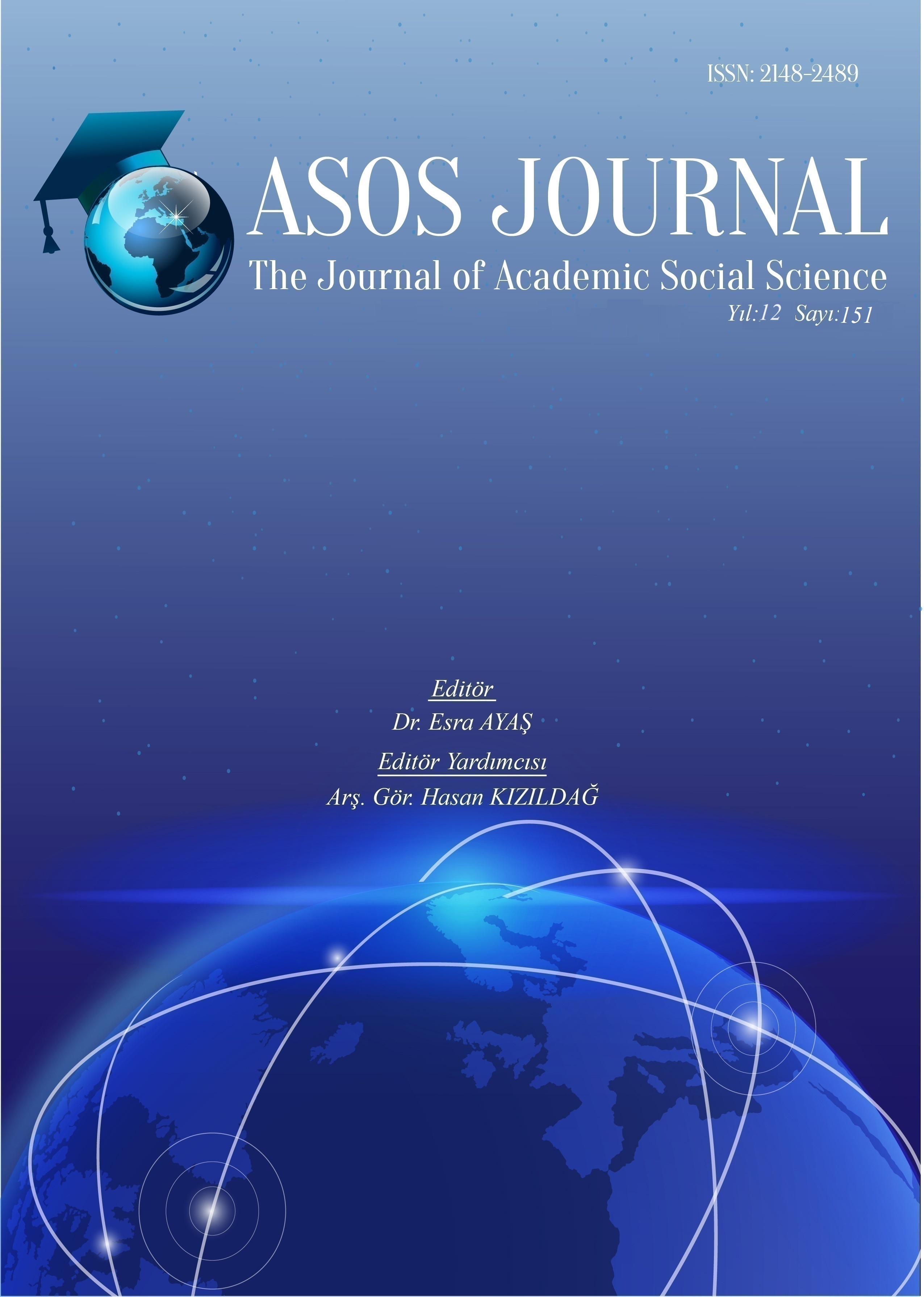Z KUŞAĞINDA GIDA NEOFOBİSİNİN KARİYER TERCİHLERİNE ETKİSİ: OKÜ'DE GASTRONOMİ VE MUTFAK SANATLARI ÖĞRENCİLERİ ÜZERİNE KARŞILAŞTIRMALI BİR ARAŞTIRMA
Author :
Abstract
Gıda neofobisi, bireylerin gıda tercihlerini etkileyen önemli bir faktördür, ve gastronomi psikolojisi ve yeme davranışında önemli bir rol oynamaktadır. Bu çalışmanın amacı, gıda neofobisinin Z kuşağının kariyer seçimleri üzerindeki etkisini araştırmaktır. Kolayda örnekleme yöntemi kullanılarak 141 katılımcıdan çevrimiçi anketle veri toplanmıştır. Verileri analiz etmek için Faktör Analizi ve Bağımsız Örneklem T-testi kullanılmıştır. Çalışma, kadın katılımcıların erkek katılımcılara göre daha az neofobik olduğunu, GMS öğrencilerinin diğer bölüm öğrencilerine göre yeniliğe daha açık ve yeni gıda tüketimi konusunda daha cesur olduğunu ve Z kuşağının Y kuşağına göre daha az neofobik olduğunu ortaya koymuştur. Çalışma, gastronomi psikolojisi için önemli çıkarımlara sahiptir ve bu alanda daha fazla araştırma yapılması gerektiğini göstermektedir.
Keywords
Abstract
Food neophobia is a significant factor that influences individuals' food preferences and plays an important role in gastronomic psychology and eating behavior. The aim of this study was to investigate the impact of food neophobia on the career choices of Generation Z. An online survey was used to collect data from 141 participants using the convenience sampling method. Factor Analysis and Independent Sample T-test were used to analyze the data. The study found that female participants were less neophobic than male participants, GCA students were more open to innovation and more courageous in new food consumption than other department students, and Generation Z was less neophobic than Generation Y. The study also found that food neophobia affected students' career choices. The findings have important implications for gastronomic psychology and suggest the need for further research in this area.





